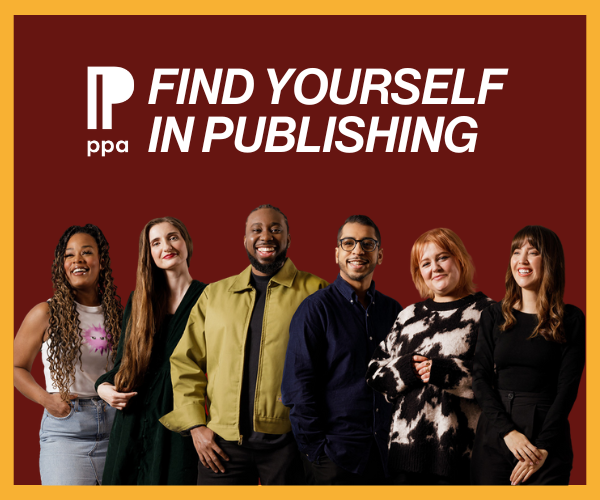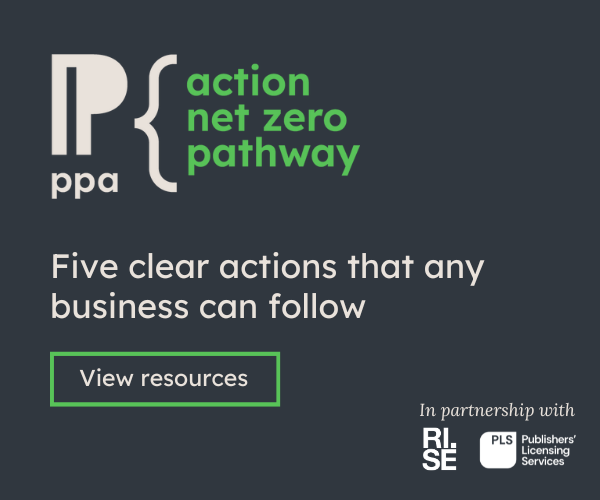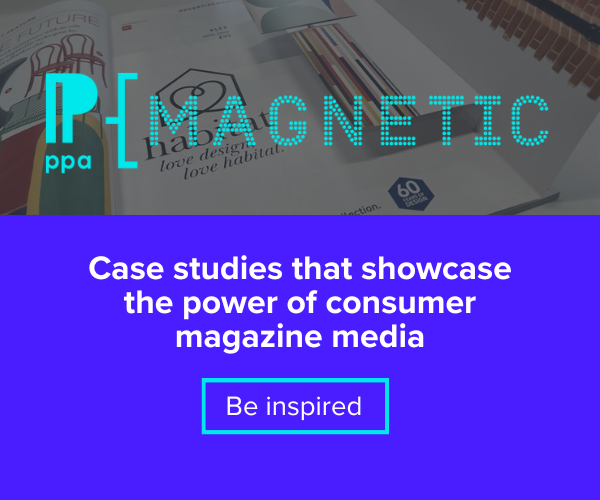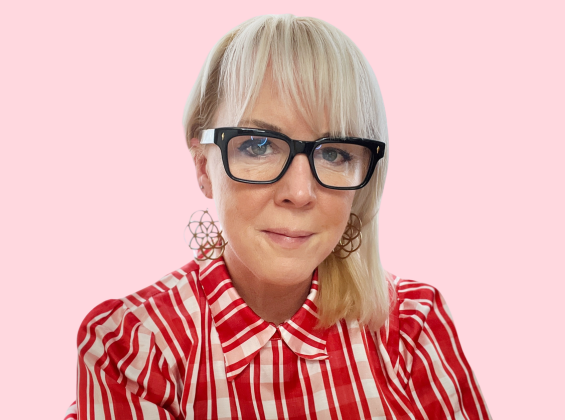What made you want to work in the publishing industry?
You know that opening line in Goodfellas where the Ray Liotta character says “as far back as I can remember I always wanted to be a gangster”? Just substitute journalist for gangster and that was me. I have no idea where it came from. I grew up in a very tough part of North Belfast, right at the heart of The Troubles, and my dad worked in a shirt factory and my mum was at home bringing up me and my elder brother. I didn’t know any journalists or how you would ever become a journalist, and I don’t remember there being any magazines or books in the house. But it was in me from a very early age, and I still find it quite incredible that somehow it all actually came to pass.
Chart your career from the start to where you are now.
How long have we got?! This year is my 40th year in the game so to speak, so I can only really give you the 7-inch version. It started in 1980 with me freelancing for local magazines back when I was still living in Belfast, then the first big step was being accepted onto the City University journalism course in London, then a brief spell on local papers and what used to be the Melody Maker, and then in 1986 I was appointed Editor of Smash Hits at the ripe old age of 26. This was just three years after me getting off the boat from Belfast and I still don’t really know how I got the job. And I didn’t really know it at the time, but this was the big break, and everything I have done since then stems from that. Smash Hits was published by a fabulous company called emap, and I was to stay there for the next 21 years, doing a whole host of different jobs on various titles and projects all over the world. I left there in 2007 and did a few new projects for a bit, then joined the PPA as CEO at the start of 2010. It’s been a wonderful 10 years, and I am still going to stay very much connected in a new part-time role, but I think after 40 years all-in it’s probably time for a bit of a break!
What has been the highlight of your career?
Launching Empire and heat and having the ultimate privilege of running the PPA are right up there, but I probably have to say Smash Hits. I go all over the world talking at conferences and sitting on panels, and it’s the one thing that people still want me to talk about. It still seems to be so fondly remembered by an entire generation, which is very rare in any walk of life. I feel very lucky to have been there at the absolute height of its pomp, and all before turning 30!
And more specifically, what has been the highlight of your time as PPA CEO?
Bringing the whole industry together more than it had ever been is probably what I am proudest of over the last 10 years. That has manifested itself in a number of different ways, but the most obvious highlight example of that is The PPA Festival. When I arrived we had quite an old-school conference every year, and to see that transform into what we have now with nearly 100 speakers across five different stages is quite something. Like everything else of course, I have simply headed it up and the real work has been done by the team. And Team PPA have been the other real highlight of my time here.
*You have launched a number of magazines over the course of your career. What factors determine the decision to launch a magazine? *
It was always a mix of pure creative instinct and some serious market research. So with Empire we already had Q magazine, and it didn’t seem too big a leap to imagine that there might be an audience ready for a movie version of Q. With FHM it was more that we had a group of men working together who all wanted to read a different type of men’s magazine from any of those that already existed at that time. I always loved working on new stuff and I was very lucky to work at a company that wanted me to do just that.
In the earlier days of your career, the internet and social media age were yet to explode into what they are now. How did you promote new issues and new launches?
We would do a lot of TV advertising, especially for the big weekly launches. I seem to remember that the cost of launching heat was around £15 million, but of course back then the return in copy sales and advertising could justify such an eye-watering amount of money. I had worked on quite a few hits by this point and decided that instead of my salary I should by rights be entitled to a share of the profits. To which I was told that this was absolutely fine so long as I was prepared to put in a share of the risk. I think the figure of 10% – so in heat’s case £1.5 million from me – was mentioned, at which point I quickly piped down and went back to the life of the wage slave.
What was the favourite cover of your career and why?
I’m going to go with the Spike Lee cover of Empire from around 1990/91. I remember that lovely feeling you get as an Editor when the magazine is really starting to hit its stride, all the elements are coming together, and you know you’re on a bit of a roll. It’s also one of the last times when Empire would be able to put a maverick independent director on the cover, as rightly it started to move more towards the big franchises as both the magazine itself and the whole Hollywood machine started to get bigger and bigger.
 What advice would you give your younger self, starting out as Editor of Smash Hits?
What advice would you give your younger self, starting out as Editor of Smash Hits?
Everything will turn out just fine. Honest!
What is the most interesting change you have seen take place in the magazine industry since you started your career?
The fantastic opportunities that we now have to talk to our audience in so many different ways. And they to us. Even on Empire, which is just 30 years ago now, we basically had a mere 12 opportunities a year to talk to the readers. And, apart from the letters page and the occasional phone call, we never really heard back from them. Now we have this incredible 24/7 two-way digital dialogue, plus podcasts, festivals, awards, social channels, the full monty. I’m sure it must be exhausting at times for the team, but what an amazing opportunity.
How do you think the magazine industry will change following coronavirus?
I imagine that a few titles will find it hard to withstand. One or two may flourish through their unique positioning and innovation. And the vast majority will come through it like the rest of us, bruised and battered, and with a new appreciation for the most important things in life.
What magazine would you choose to stockpile?
Deep down at heart I’m still that kid from Belfast who dreams of being a journalist and who still loves to read magazines more than anything else in the world. The ultimate magazine for journalists who love to read great writing is The New Yorker, so that’s my choice. I’ve probably just offended our entire membership, so on that bombshell I shall leave you! It’s been absolutely wonderful, and I thank you all.
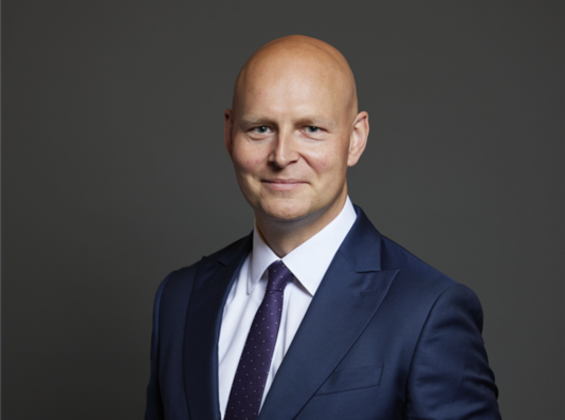

 What advice would you give your younger self, starting out as Editor of Smash Hits?
What advice would you give your younger self, starting out as Editor of Smash Hits?